TheleaderofJapan’s Conservative Partyapologized after suggesting that women bebanned from marryingafter age 25 and required to have theiruteruses removedat 30. These measures were proposed as part of a strategy to tackle the country’s declining birth rate.Naoki Hyakuta advocated for the controversial policies in a video posted to his YouTube channel on November 8.In addition to proposing forced hysterectomies (uterus removal procedures) at 30 and a marriage ban for women over 25, the minister suggested prohibiting women from attending college after the age of 18, aiming to encourage them to focus on dating and having children.
HighlightsNaoki Hyakuta apologized after suggesting a ban for women marrying over the age of 25.Hyakuta suggested uterus removal at 30 as a “now or never” measure to boost birth rates, sparking outrage.Critics condemned Hyakuta’s plans as violent, misogynistic measures.
RELATED:
Naoki Hyakuta, the leader of Japan’s Conservative Party, proposed a ban on marriage for women over 25 and a policy to have their uteruses removed at 30
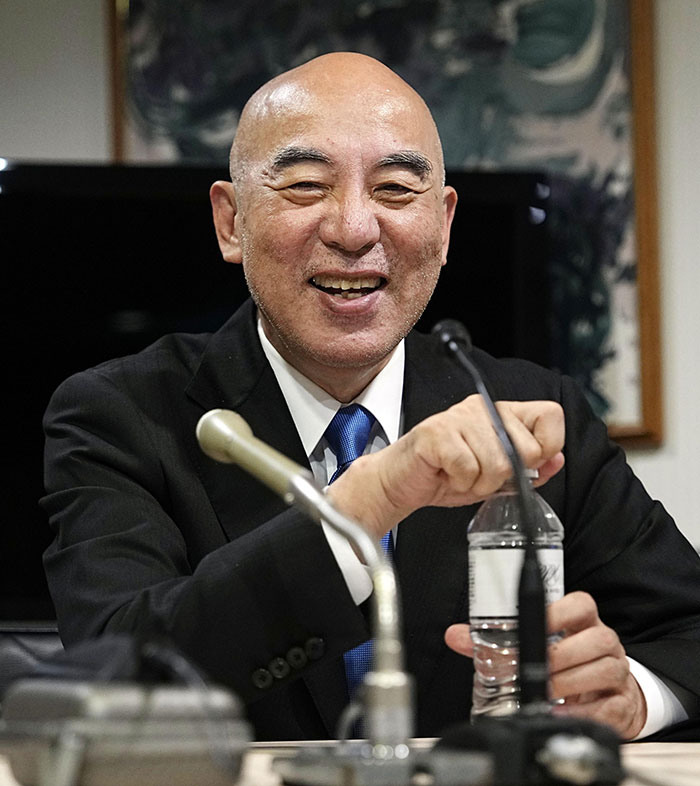
Image credits:Action Press/VidaPress
The “now or never” measures were conceived to promotemarriageand reproduction in light of Japan’s aging population and falling birth rate.
In the first half of 2024, the country’s birth rate dropped to its lowest level since 1969, according to official data from its health ministry.

Image credits:tirachardz / Freepik (Not the actual photo)
“I apologize on his behalf to the supporters of the Conservative Party and to the Japanese people,” Kawamura said.

Image credits:EyeEm/Freepik (not the actual photo)

Image credits:Sue Winston / Unsplash (Not the actual photo)
“Besides, do you think that the declining birth rate is the fault of women? Women cannot get pregnant on their own and they have no confidence about giving birth and raisingchildrenbecause their employment and income are not stable,” Higash added.
Actress Tomoko Mariya said the party was “out of control,” and that Hyakuta showed a deep “lack of awareness,” as perCHMP.
Hyakuta suggested the drastic measures as a strategy to tackle the country’s declining birth rate
I want you to know the current state of Japanese politicians.
Naoki Hyakuta, leader of the far-right Conservative Party of Japan with 3 seats in the House of Representatives@BBCWorld@bbcnewsjapan@BBC@CNN@NBCNews@ABC@CBSNews@FoxNews
pic.twitter.com/utP5Y29veU
— ⁑リコマイ ⁑ (@sakuraironoharu)November 10, 2024
“I cannot believe that a Japanese politician has said such a thing,” she toldThis Week in Asia.
Kawakami expressed concern about political discourse becoming increasingly extreme, warning of the possibility that Japanese politicians might rely on fake news to advance their agendas. Expressing that fewer Japanese womenwere willing to speak out against misogyny compared to Western countries, she said that “a weaker response will just serve as an incentive to the chauvinists.”
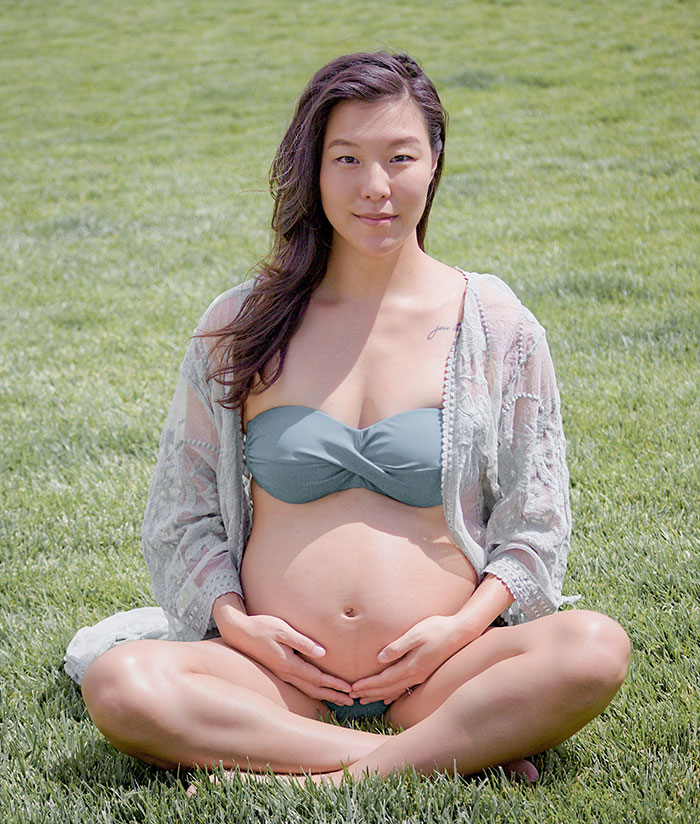
Image credits:RyKing Uploads (not the actual photo)
“I will retract them and apologize as there were people who found them unpleasant,” he said, claiming that the measures were only “a hypothetical idea” not intended to be interpreted as a real plan.
He mentioned that the proposal was presented as a “science-fiction storyline” to start conversations about the country’s declining birth rate.

Image credits:Freepik(not the actual photo)
“I’m a science fiction writer and I’m not amused that the grotesque idea of removing a girl’s uterus was described as science fiction, while I’m also unhappy at the idea of forcing her to marry and give birth – with penalties attached,” he said.
Additionally, the politician suggested prohibiting women from attending college after the age of 18 so they could focus on dating and having kids

Image credits:Alexander Mass(not the actual photo)

Image credits:Bruce Tang / Unsplash (Not the actual photo)
On X (formerly known as Twitter), the politician admitted that his remarks had been “too harsh,” and said that he had no intention to implement the measures.
The country’s low fertility rate reflects the decline in marriage rates. The number of marriages in Japan fell nearly 6% in 2023 from the previous year, dipping below 500,000 for the first time in 90 years,CNNreported.

Image credits:Victor Deweerdt(not the actual photo)
Cultural factors also play a role,saysJames Raymo, professor of sociology and demography at Princeton University. Japan remains a highly patriarchal society, where married men are often expected to work, while women take on the caregiver role. As a result, many women are ambivalent about marriage, choosing instead to enter the workforce and pursue a career.

Image credits:Getty Images / Unsplash (Not the actual photo)
According to a2017 study,60% of Japanese women said they were too tired from working to consider dating and getting married.
Declining birth rates lead to anaging population, with younger generations being forced to work to support the elderly. In turn, this responsibility leaves them with less time to date and have children, perpetuating the cycle.
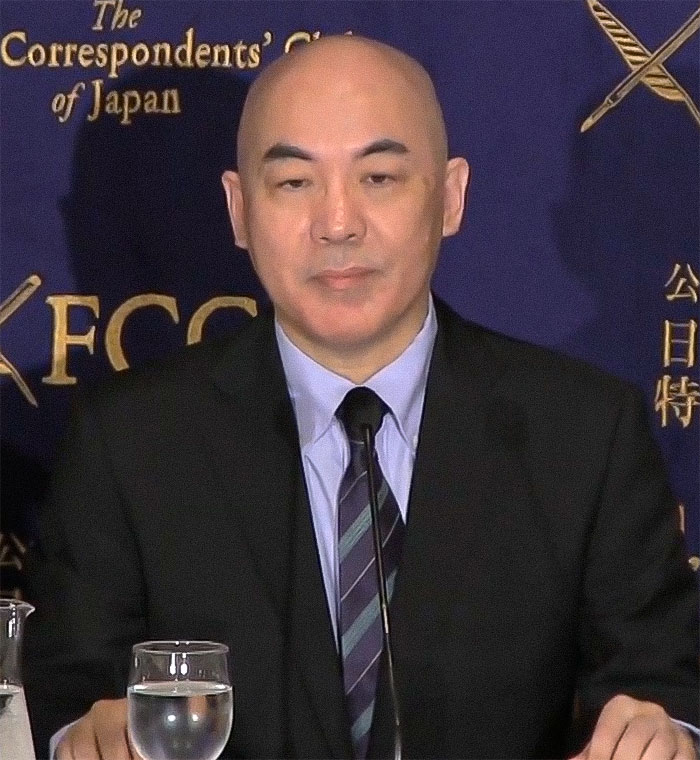
Image credits:日本外国特派員協会 オフィシャルサイトFCCJchannel
This trend directly impacts the economy: Japanese industries arefeeling labor shortages, with fewer adults entering the workforce. A shrinking workforce also strains the country’s pension and healthcare systems.
WhileHyakuta’s drastic measures are unlikely to be implemented, the government has introduced other initiatives in recent years to encourage childbirth.
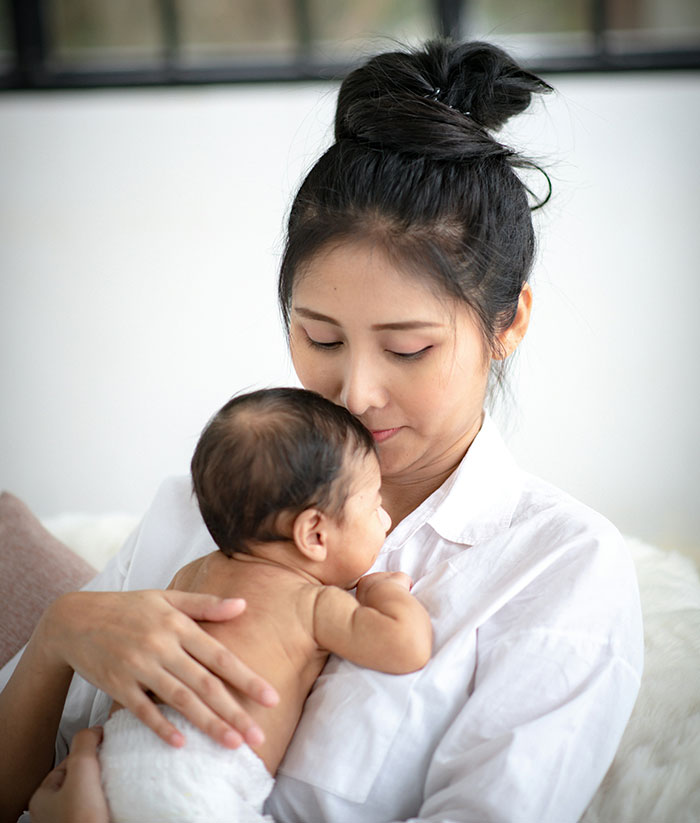
Image credits:Unsplash/Getty Images (not the actual photo)
The government covers 80% of the cost of fertility treatments to expand the age range of parenthood. Many cities have organized speed dating events forkonkatsu, or marriage hunting.Some towns, like the agricultural Nagi in western Japan, are evenpaying couplesto have children.







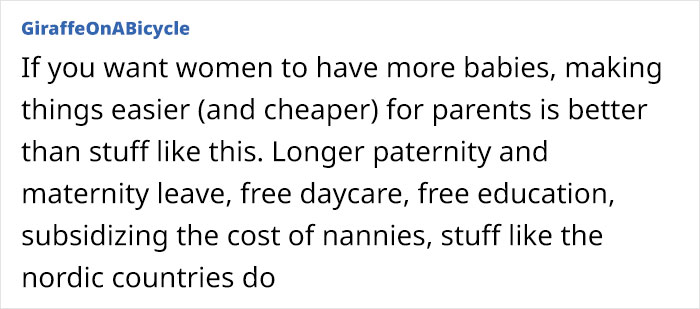




Thanks! Check out the results:Karina Babenok
Renan Duarte
News